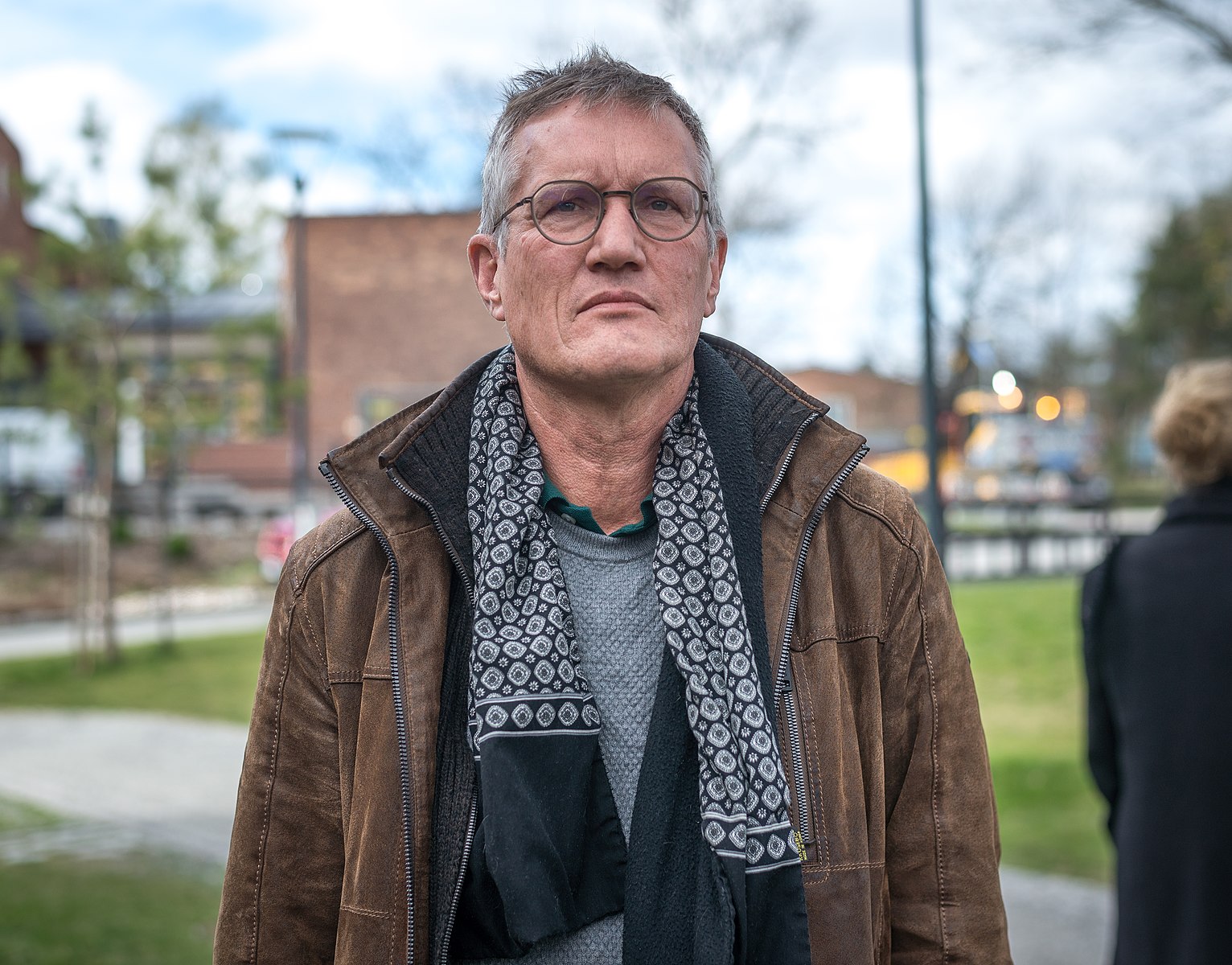Swedish State Epidemiologist Dr. Anders Tegnel, the architect of Sweden’s unorthodox coronavirus strategy, has defended his no-lockdown approach to the pandemic, attributing the country’s death toll — which is considerably elevated compared to its Nordic neighbors — to its large migrant population.
During an interview with The Financial Times, Tegnel discussed what he sees as the main factors which have contributed to Sweden’s COVID-19 death toll of more than 15,000, which at this point in the pandemic is higher than the combined death tolls of Norway, Finland, and Denmark.
Although critics may be quick to conclude that Sweden’s elevated death toll is due to its absence of strict lockdown measures, Tegnel says it is more complicated than that, arguing that Sweden’s population of migrants and people from lower socioeconomic backgrounds, which is much higher than any of its Scandinavian neighbors, has also contributed to the country’s high death toll.
“Swedish society is very different from the society in Norway and Finland, which we tend to disregard because we share a long history together and have similar languages. COVID doesn’t care about history or language, it cares about socio-economic status or migrant backgrounds, or crowded housing. That’s where Sweden stands out in a Nordic context, but not so much in an EU context,” Tegnel told the London-based newspaper.

Compared to Sweden, where more than a quarter of the population is made up of those with immigrant backgrounds, the proportion of migrants in Norway, Denmark, and Finland stand at 18.1 percent, 8 percent, and 7 percent, respectively.
Additionally, Tegnel criticized the Norwegian government’s approach to combatting the pandemic, arguing that it resorted to implementing “draconian measures” to prevent the spread of the virus.
While speaking on the so-called fourth wave currently sweeping through Europe, which has seen daily infection records broken in Norway and Denmark despite having some of the highest vaccination rates (70 percent) in Europe, Tegnel warned against additional lockdowns and blanket measures, emphasizing that the public’s approval for such actions has dropped considerably.
At this stage of the pandemic, 1.18 million cases of COVID-19 and some 15,000 deaths have been recorded in Sweden, with most of the deaths occurring in those over the age of 60.
Last summer, the Swedish government appointed a COVID-19 Commission to investigate the country’s overall response to the virus. In October, the commission released a summary of its evaluation of the measures taken by the government, administrative authorities, regions, and municipalities to limit the spread of the virus. In its summary evaluation, the commission argued that the government’s response to the pandemic had been “slow” and “insufficient.”
“Sweden’s handling of the pandemic has been marked by delay. The initial protection measures were insufficient to stop or even sharply limit the spread of infection in the country,” the report says.
The commission recognized that a majority of health officials chose an unconventional strategy to attack the virus, and said that it would wait to release its final assessment of the government’s response until February of 2022.






